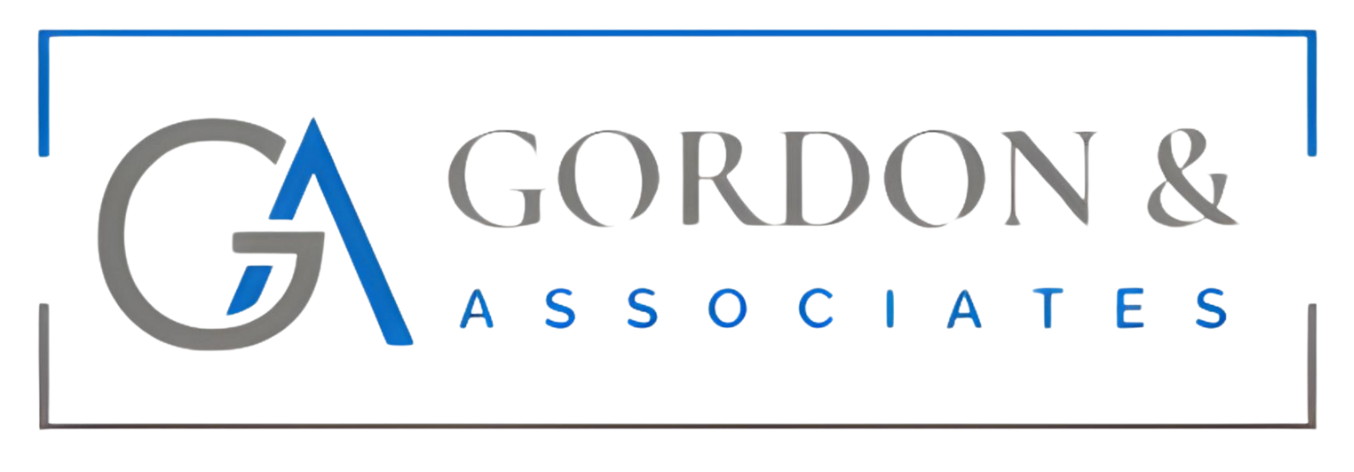Accrual Basis vs. Cash Basis Accounting: What’s the Difference?
A business must choose appropriate accounting methods for its financial management as a critical organizational decision. A business usually chooses between the two main accounting methods, which are accrual basis vs cash basis accounting. The selection process of accounting approaches requires understanding distinct advantages and disadvantages because sound financial choices depend on it. The succeeding discussion examines these two approaches to assist your selection of a financial methodology that suits your business requirements.
Difference between accrual basis and cash basis accounting
-Recording transactions occurs at different times under accrual basis vs cash basis accounting methods according to their timing principle.
-Under cash-basis accounting, money transactions become part of the financial records upon payment exchanges.
-Under an accrual-basis accounting system, business operators document revenue and expenses at the time businesses earn them or create them even if payments have not yet occurred.
-Business managers find accrual accounting superior, but cash-based methods retain value as a functional approach in particular situations.

What is Cash-Basis Accounting?
The cash basis accounting system records business revenue and expenses at the moment that money moves through the business. Under cash basis accounting, the movement of business funds plays a dominant role since it neglects to factor in revenue generation date or expense expenditure date.
The documentation of revenue using this method occurs at customer payment time rather than service delivery time. You only document expenses through payments to your suppliers, even though receipt of their goods or services may happen at different times. This approach provides convenience to basic financial operation companies, together with individual users, making it their preferred choice.
Benefits of Cash Basis Accounting
🧾Ease of Use
The basic nature of cash basis accounting produces concepts that are easy to understand. Advanced accounting concepts and estimation or adjustment procedures do not apply to the method.
💵Better Cash Flow Visibility
This accounting approach delivers exact visibility into the current cash position because it records real-time transactions; therefore, businesses use it for improved cash flow management.
🧮Potential Tax Advantages
Businesses maintaining cash accounting benefit from taxation aspects because of their irregular income patterns and expense flows. Private firms benefit from income-based tax deferral because income is not recorded until payment arrives.
Disadvantages of Cash Basis Accounting
- 🚫 Limited Financial Overview
When using cash accounting methods, an organization fails to demonstrate its complete financial standing. The method creates an unrealistic assessment of profitability and overall performance since it ignores settled transactions but not earned income or incurred costs. - ⚠️Challenges in Long-Term Planning
Actual cash movements form the basis of this method, thereby failing to accurately show how a company’s financial strength grows or its future payment capabilities. - 📉Reporting and Compliance Constraints
Various organizations face difficulties when using cash basis accounting as a reporting tool because it fails to meet their regulatory requirements. To fulfill their reporting and compliance requirements, businesses adopting accrual accounting must accept this method.
What is Accrual Basis Accounting?
-Under accrual-based accounting, businesses record expenses and revenue based on the timing of earned events instead of cash transactions. This approach aims to connect periods with actual financial transactions so businesses can show a correct picture of their financial performance.
-Under accrual accounting, revenue is recorded when goods reach customers or when services are performed, although payment has not been received yet. Businesses recognize expenses when they occur, although payment might not occur at that moment. The accrual accounting system absorbs all payment methods and non-payment methods that cover transactions made through credit.
Advantages of Accrual Basis Accounting
- 📊More Accurate Financial Reporting
A business obtains detailed financial performance insight through accrual accounting because it handles revenue and expenses according to when they take place. Such accounting methodology enables businesses to establish realistic perspectives on profitability together with financial stability evaluations. - 📈 Supports Long-Term Planning
Accrual accounting becomes beneficial for forecasting and strategic planning because it considers both future obligations along with expected income streams. Such solution reveals financial patterns while generating accurate cash flow estimates, which makes it possible to make better strategic choices thanks to long-term stability. - ✅Meets Accounting Standards
The formal reporting method for financial statements exists mainly for large enterprises as well as progressive businesses. The method follows standards from generally accepted accounting principles (GAAP) which produces transparent financial statements, along with consistent and comparable reporting elements.
Disadvantages of Accrual Basis Accounting
- 🧠Greater Complexity
Using accrual accounting requires better expertise and understanding compared to the cash method accounting. The method requires strong financial expertise and personnel need to make estimated modifications to recording business transactions that occur before revenue receipt. - 💧Cash Flow Challenges
Transactions under this method use earning or incurring criteria rather than cash movements for recording, so the method does not always show the company’s current financial situation. To manage adequate liquidity, businesses must independently observe their cash flow since it differs from other accounting figures. - 📅Tax Implications
The tax obligation under accrual accounting exists before receiving payment on your earnings, thus placing pressure on your short-term cash reserves. The tax results of your operations depend both on your business structure and your location, so you need to know about relevant regional fiscal rules.
The extensive financial depiction of accrual accounting does not suit all businesses, especially when they are small with basic financial needs. Your business selection of cash or accrual accounting depends on three factors: business size, industry needs and reporting requirements, and long-term business objectives. Getting professional accounting help will guide you to choose the correct method that fulfills your financial standards.
Selecting the Best Accounting Method for Your Business
Selecting the correct accounting method becomes vital because it determines the manner financial transactions are tracked and reported. Cash basis and accrual basis constitute the two primary accounting approaches that embody individual traits and positive aspects.
Key Factors to Consider :
🏢Business Size and Complexity
Businesses that have simple operations tend to benefit most from the cash method, whereas larger or complex organizations obtain better financial reporting through accrual accounting.
📚Industry Standards
A few industries demand particular accounting standards and guidelines for their operations. All business stakeholders must obey every regulation that specifically applies to their industry.
🎯Financial Objectives
Consider all your established financial targets stretching into the future. Accrual accounting delivers better financial clarity and suits businesses dedicated to developing while making predictions and executing strategies.
🧾Tax Considerations
The methods produce varying effects on your tax obligations. Using accrual accounting can give businesses better flexibility to plan taxes, although cash accounting simplifies tax planning.
📞Need Expert Guidance on Cash vs. Accrual Accounting?
Gordon & Associates specializes in helping businesses of all sizes choose and implement the right accounting method for long-term success. Whether you’re a startup or an established enterprise, our experienced team will guide you through every financial accounting decision with clarity and confidence.
📧 Email: info@godonandassociates.com
📱 Phone: (555) 123-4567
Contact us today to schedule your free consultation and take the first step toward smarter financial management!




















